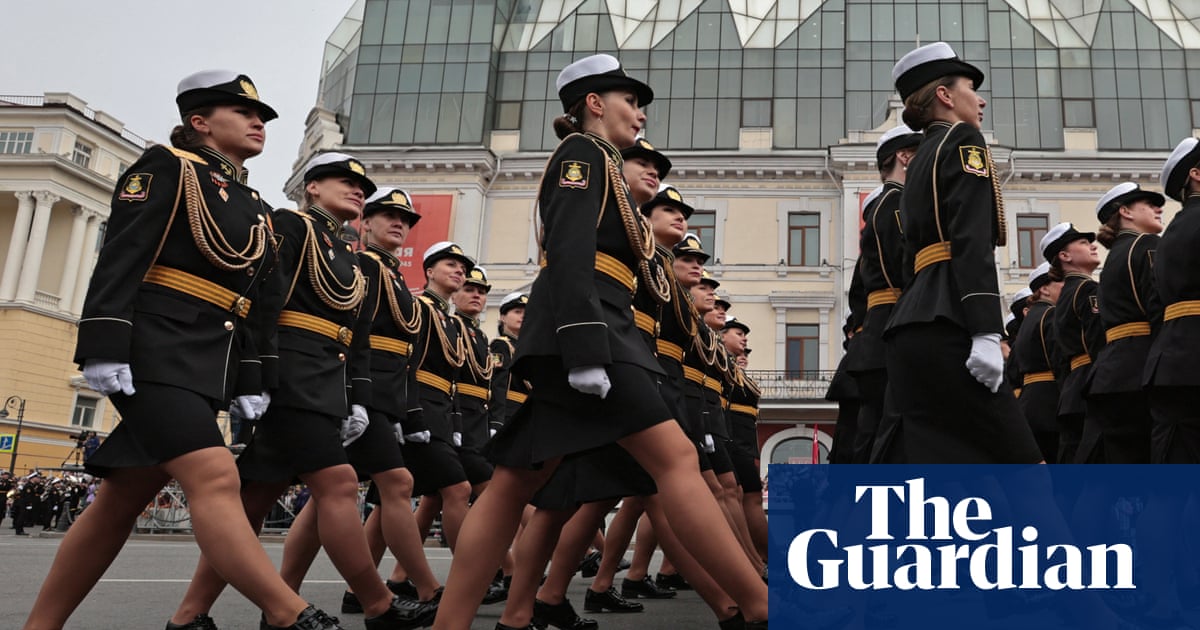China and Russia pledged to further deepen their already “no limits” partnership in a joint statement published ahead of Russia’s military parade on Friday, as the two sides stressed the importance of maintaining the “correct view” of second world war history.
In a lengthy statement published duringXi Jinping’s visit to Moscowfor the commemoration of the 80th anniversary of the end of the second world war, which Russia celebrates on 9 May as Victory Day, Xi and his Russian counterpart Vladimir Putin said “certain countries … are attempting to tamper with the results of the victory of the second world war”.
Xi is on his 11th visit to Russia since becoming president in 2013. On Thursday Xi and Putin heldnearly four hours of talksin which both leaders described the other as a close friend. Putin announced plans to visit China in the autumn for the commemoration of Japan’s defeat in the second world war.
The Xi-Putin statement went further than previous ones in directly condemning the United States.
“The United States and its allies are trying to promote Nato’s eastward expansion into the Asia-Pacific region, build ‘small circles’ in the Asia-Pacific region, and win over countries in the region to promote their ‘Indo-Pacific strategy’, undermining regional peace, stability and prosperity,” the statement read.
China has long sympathised with Russia’s argument that Nato expansion in Europe was a threat to its security.
The statement also said that “unilateral coercive measures, including economic sanctions, that bypass the UN security council violate the UN Charter and other international laws and undermine international security interests”.
China is fighting anescalating trade warwith the US that has rocked global markets since US president Donald Trump took office in January. China and the US are due to holdpreliminary talkson de-escalating the tariffs this weekend. Meanwhile, Russia is under pressure from the US to pursue peace talks in Ukraine. This week’s meeting of the Chinese and Russian leaders underscores the close relationship between the two men who see themselves as a bulwark against US hegemony.
Earlier this week Xi claimed that the second world war also represented the “liberation” of Taiwan and marked “Taiwan’s return to China”. The Chinese Communist party claims Taiwan as part of its territory but it has never ruled over the island. The Republic ofChinafled there in 1949 after being defeated by the communists in the Chinese civil war. China has vowed to annex the island, by force if necessary, and Xi has made it clear that he sees resolving the “Taiwan problem” as an important part of his legacy.
The joint Xi-Putin statement stated that Russia “firmly supports the measures taken by the Chinese government to safeguard national sovereignty and territorial integrity and achieve national reunification”.
Although China and Russia do not have a normal military alliance, there are growing concerns in the west about the close security cooperation between the two countries. China and Russia conducted 14 joint military exercises in 2024, according to data compiled by the ChinaPower project, which tracks military and economic developments.
A Chinese honour guard will participate in Friday’s military parade in Moscow for the first time since 2015.
